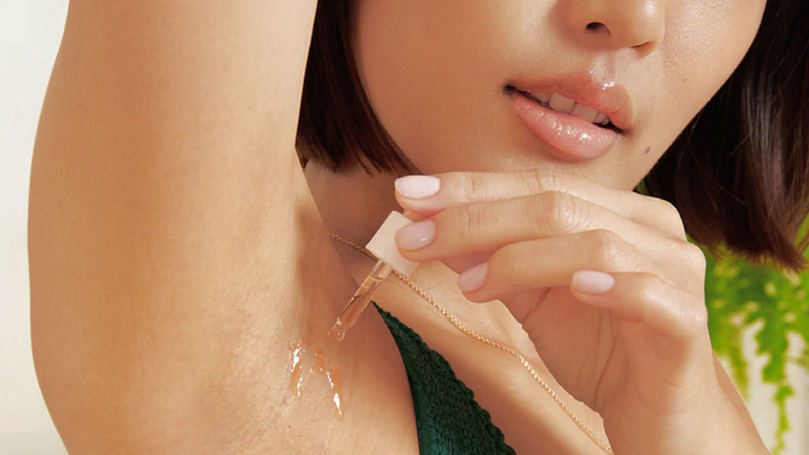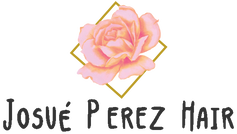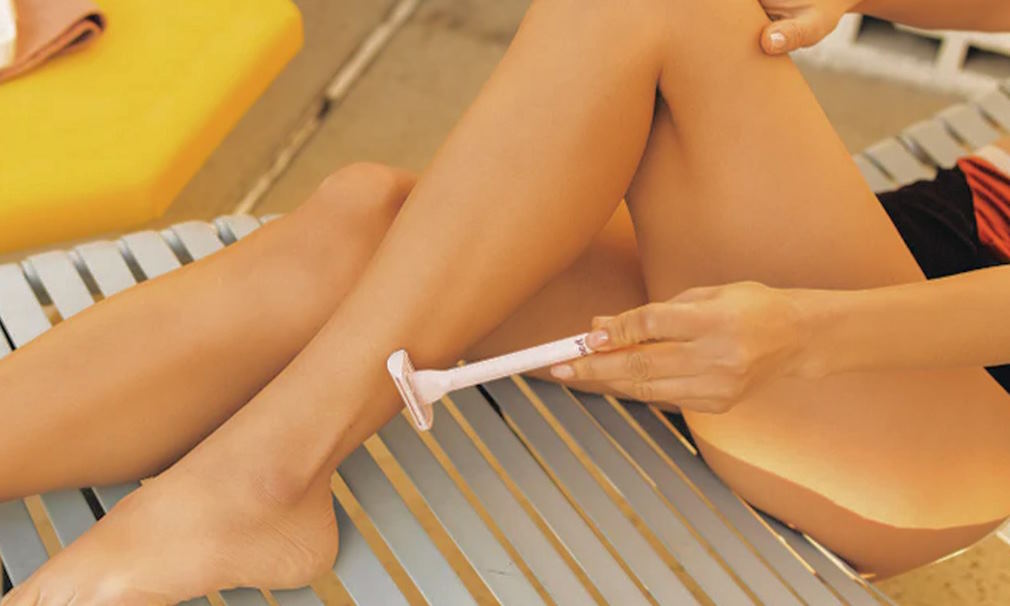Shaving is a common grooming routine for both men and women, but it can sometimes lead to irritating problems like ingrown hairs and razor burn. These issues can cause discomfort, redness, and inflammation, making the skin look and feel unpleasant. However, with the right techniques and precautions, you can achieve a smooth shave without the unwanted side effects. From pre-shave preparation to post-shave care and using the right products, we will guide you through the best practices to achieve a close, irritation-free shave for healthy and smooth skin.
Expert Tips for Smooth Shaving
Achieving a smooth shave requires more than just a sharp blade and some shaving cream. Here are some expert tips to help you achieve a close and irritation-free shave for different body areas.

- Pre-shave preparation: Before you start shaving, preparing your skin and hair is important. Exfoliating the skin helps to remove dead skin cells and unclog pores, preventing ingrown hairs. Next, softening the hair can be done by taking a warm shower or applying a warm towel to the area for a few minutes, which helps to make the hair easier to cut. Finally, washing the face or other body areas with a gentle cleanser helps to remove dirt and oils, ensuring a clean surface for shaving.
- Proper shaving techniques: Using the right shaving techniques can greatly reduce the risk of ingrown hairs and razor burn. Start by using a sharp blade to ensure a clean cut and avoid pulling or tugging on the hair. Next, shave in the direction of hair growth to minimize irritation and ingrown hairs. Avoid going over the same area multiple times as it can cause excessive pressure and irritation. Finally, rinse the blade frequently to remove hair and shaving cream buildup.
- Post-shave care: After shaving, taking care of your skin is important to promote healing and prevent irritation. Rinse your skin with cold water to close the pores and soothe the skin. Next, apply an alcohol-free aftershave or a soothing balm to moisturize and calm the skin. Moisturizing the skin regularly helps to keep it hydrated and healthy, reducing the risk of ingrown hairs and razor burn.
- Using the right shaving products: Using high-quality shaving products can make a big difference in the smoothness of your shave. Look for a shaving cream or gel that is suitable for your skin type and does not contain harsh chemicals or fragrances that can irritate the skin. Using a shaving brush can also help to create a rich lather and lift the hair for a closer shave.
- Tips for specific body areas: Different body areas may require different shaving techniques. Use short, gentle strokes for the face, and avoid pressing too hard on the skin. For the legs, shave in an upward motion to avoid irritation. For the underarms, stretch the skin to create a smoother surface for shaving. And for the bikini area, be extra careful and use a sharp blade to avoid nicks and cuts.
Additional Tips for Prevention
In addition to the pre-shave preparation, proper shaving techniques, post-shave care, and using the right products, additional tips can help prevent ingrown hairs and razor burn for a smoother and more comfortable shaving experience.
- Maintaining good hygiene and cleanliness: Keeping your skin clean and practicing good hygiene is essential for preventing ingrown hairs and razor burn. Make sure to regularly cleanse your skin with a gentle cleanser to remove dirt, oils, and sweat that can clog pores and contribute to skin irritation. In addition, avoid sharing razors or other shaving tools to prevent the spread of bacteria, which can lead to infections.
- Avoid tight clothing that can cause friction: Wearing tight clothing, especially immediately after shaving, can cause friction against the skin and worsen ingrown hairs and razor burn. Instead, opt for loose-fitting clothing, especially in areas prone to ingrown hairs, such as the bikini area or underarms. This allows the skin to breathe and reduces friction, helping to prevent irritation.
- Managing curly hair and keeping it well-groomed: If you have curly hair, you may be more prone to ingrown hair due to the hair curling back into the skin. To prevent this, keep your curly hair well-groomed by regularly trimming or using a comb to straighten the hair before shaving. This helps to reduce the risk of the hair curling back into the skin and causing ingrown hairs.
- Natural remedies like tea tree oil or aloe vera can help soothe the skin, which can be beneficial in preventing ingrown hairs and razor burn. In addition, tea tree oil has antibacterial properties that can help reduce the risk of infection, while aloe vera has soothing properties that can help calm irritated skin. Be sure to patch-test any natural remedies on a small area of skin before applying them to a larger area to avoid any adverse reactions.
- Seeking professional help for persistent ingrown hairs or razor burn: If you are experiencing persistent ingrown hairs or razor burn despite following proper shaving techniques and care, it may be beneficial to seek professional help. A dermatologist or a healthcare provider can provide expert advice and recommend appropriate treatments, such as topical medications or professional laser hair removal, to help manage and prevent ingrown hairs and razor burn.


